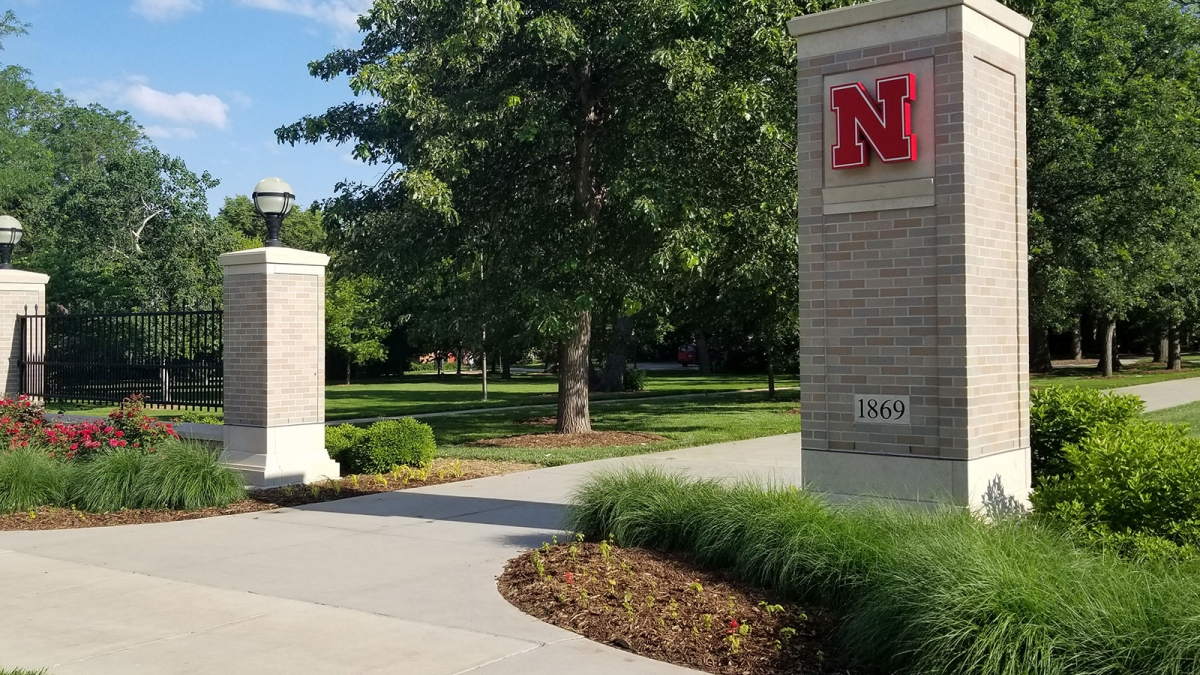
Jan. 28, 2013
LINCOLN, Neb. — The University of Nebraska-Lincoln's School of Natural Resources will host a "town hall" forum that will examine the forthcoming National Climate Assessment and its implications for the Great Plains on Monday, Feb. 4.
The National Climate Assessment Great Plains Regional Town Hall Meeting is expected to attract more than 100 participants – from climate change experts to leaders in government, business and industry. The day-long event will be at UNL's Hardin Hall, the corner of 33rd and Holdrege streets, beginning at 8:45 a.m.
Participants will learn about the National Climate Assessment, how to contribute to the report's review process, meet report authors, share knowledge about local and regional efforts related to climate change and discover ways communities can participate in the process.
Speakers include Gene Takle, the lead author of the report's agricultural chapter; Shannon McNeeley of the North Central Climate Science Center; Mark Swoboda of the National Drought Mitigatoin Center at UNL; Doug Kluck, the central region climate services director at the National Oceanic and Atmospheric Administration; and Tala Awada, interim director of UNL's School of Natural Resources.
Panel discussions and small group meetings will cover an overview of the National Climate Assessment, and present early findings from a draft of the 2013 report with a specific focus on the Great Plains – Kansas, Montana, Nebraska, North Dakota, Oklahoma, South Dakota, Texas and Wyoming.
The report is expected to be released in 2013, but a draft will be available for regional town hall meetings. The last climate assessment report was issued in 2009.
The National Climate Assessment is a product of the U.S. Global Change Research Program, created by Congress in 1990. The program is supposed to release a report to Congress and the president every four years that details current scientific knowledge about the climate and its impacts
globally, nationally and regionally. Among the stated goals are: To increase "understanding of what is known and not known about climate change," and help guide "climate science priorities."
The report is expected to evaluate a wide range of climate impacts on the country and study how it affects specific regions within the United States. The report is expected to cover everything from human health and biodiversity to agriculture and energy supply and use.
UNL's town hall is the only planned meeting in the Great Plains. It is sponsored by the U.S. Department of Agriculture's Climate Change Program Office, the U.S. Global Change Research Program, UNL's Office of Research and Economic Development; UNL's School of Natural Resources, UNL's Agricultural Research Division at the Institute of Agriculture and Natural Resources; UNL Extension; the National Drought Mitigation Center and UNL's High Plains Regional Climate Center.
Don Wilhite, Ph.D.
NDMC founding director and former SNR director
climatologist and professor
402-472-4270
dwilhite2@unl.edu
Dan Moser
IANR News Service
402-472-3030
dmoser3@unl.edu